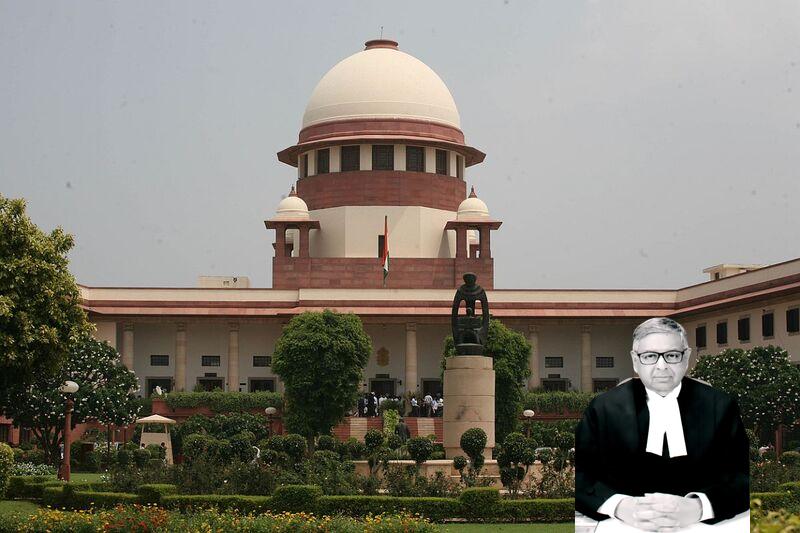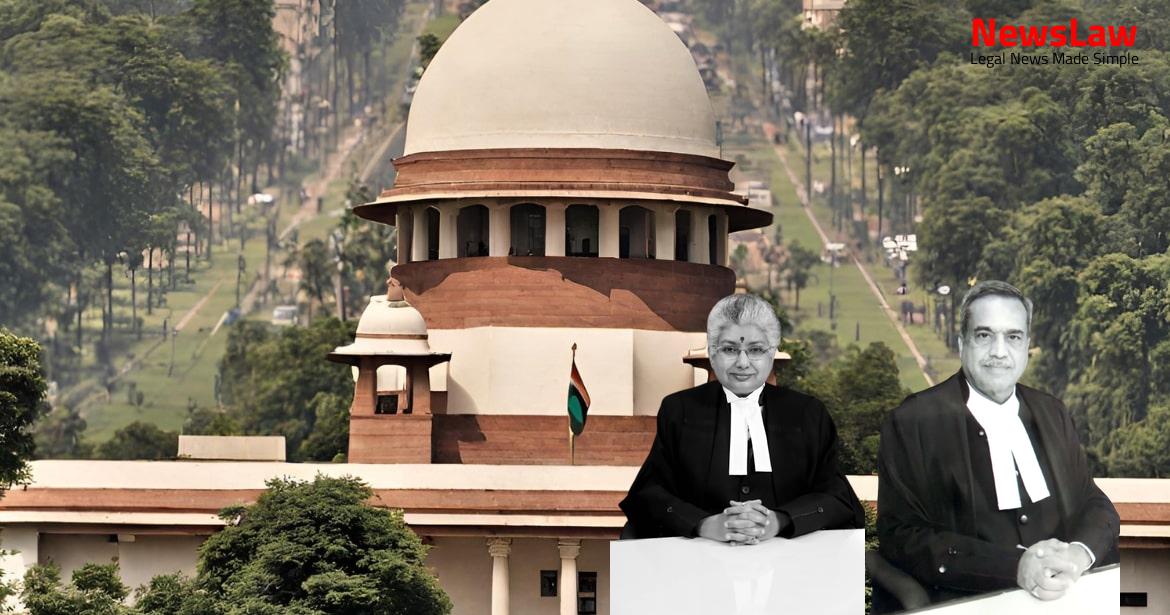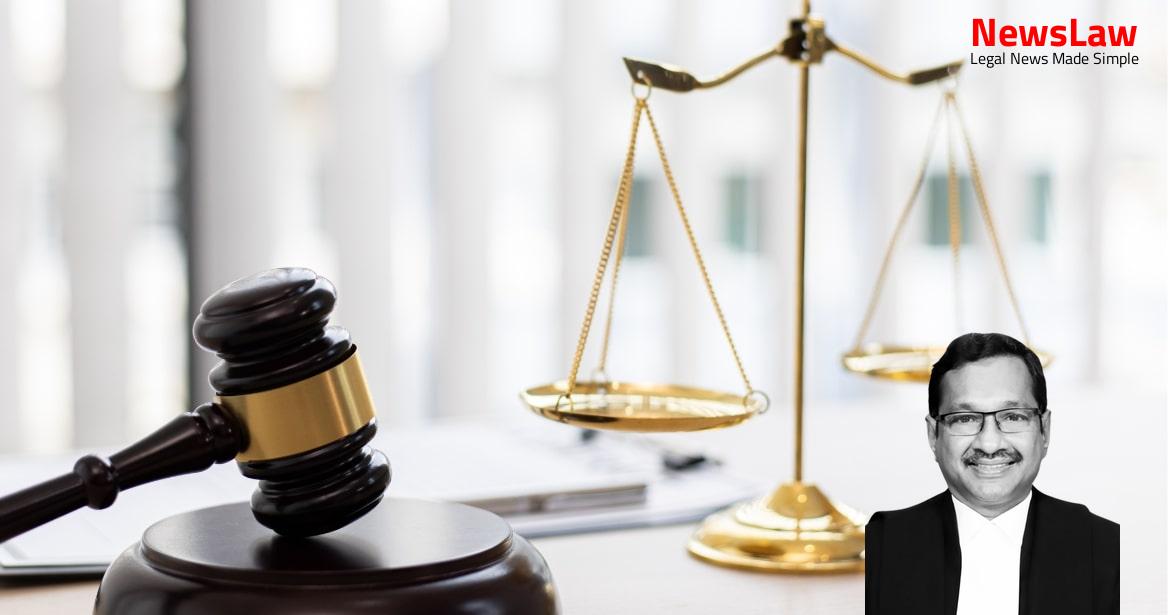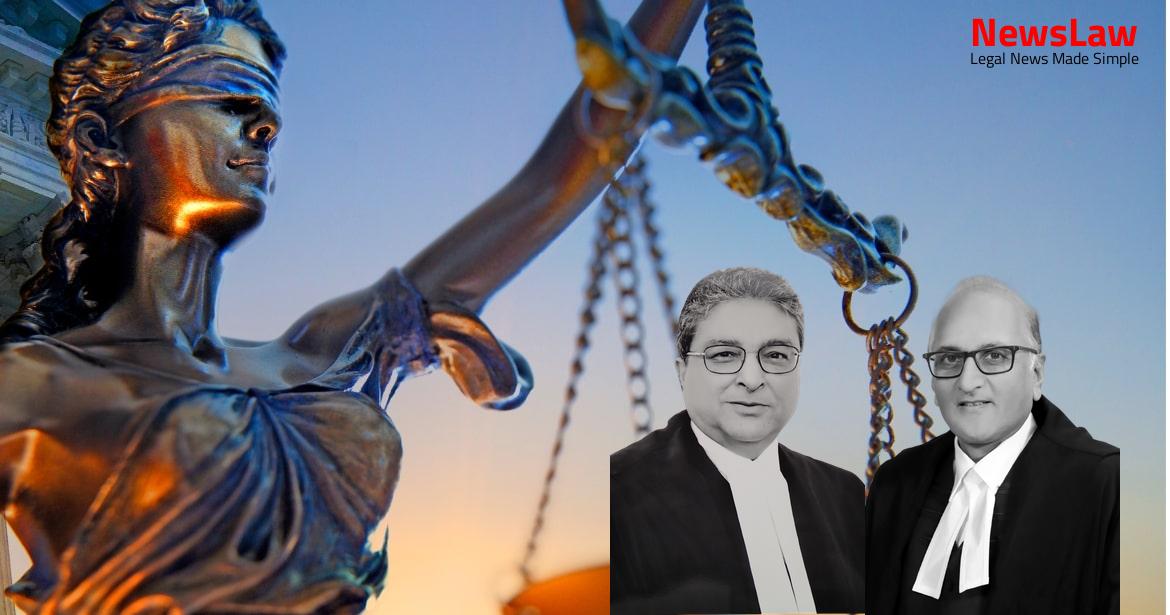The first relates to the true and correct application of the principle underlying the ‘ rejection of plaints ’ under Order VII Rule 11, Code of Civil Procedure, 1908, to the facts of the case.
First, by misapplying the well-established principles informing Order VII Rule 11 of the CPC, and second, by rejecting the plaint in part, which is again contrary to the law on the subject. He has taken us through the plaint where it is averred that the karta of the family, late Shri Munivenkata Bhovi had many properties and was in a habit of temporarily mortgaging properties for raising finances by executing what are referred to as ‘nominal sale deeds ’.
Impressed by the fact that the Plaintiffs neither produced any evidence to challenge the Sale Deed from 1919, nor sought any declaratory relief against the Sale Deed, High Court proceeded to allow the application under Order VII Rule 11, CPC in part, and rejected the Plaint with respect to Schedule-A property. 6.Before considering the legality of the approach adopted by the High Court, it is necessary to consider Order VII Rule 11, CPC and the precedents on the subject.
Rejection of plaint.—The plaint shall be rejected in the following cases— (a) where it does not disclose a cause of action; (b) where the relief claimed is undervalued, and the plaintiff, on being required by the court to correct the valuation within a time to be fixed by the court, fails to do so; (c) where the relief claimed is properly valued but the plaint is written upon paper insufficiently stamped, and the plaintiff, on being required by the court to supply the requisite stamp paper within a time to be fixed by the court, fails to do so; (d) where the suit appears from the statement in the plaint to be barred by any law; (e) where it is not filed in duplicate; (f) where the plaintiff fails to comply with the provisions of Rule 9: Provided that the time fixed by the court for the correction of the valuation or supplying of the requisite stamp-papers shall not be extended unless the court, for reasons to be recorded, is satisfied that the plaintiff was prevented by any cause of an exceptional nature from correcting the valuation or supplying the requisite stamp-paper, as the case may be, within the time fixed by the court and that refusal Vijaykunverba, 1998 SCC OnLine Guj 281 : (1998) 2 GLH 823] this Court held that the whole purpose of conferment of powers under this provision is to ensure that a litigation which is meaningless, and bound to prove abortive, should not be permitted to waste judicial time of the court, in the following words : (SCC p…. The whole purpose of conferment of such powers is to ensure that a litigation which is meaningless, and bound to prove abortive should not be permitted to occupy the time of the court, and exercise the mind of the respondent.
Under Order 7 Rule 11, a duty is cast on the court to determine whether the plaint discloses a cause of action by scrutinising the averments in the plaint [Liverpool & London S.P. The test for exercising the power under Order 7 Rule 11 is that if the averments made in the plaint are taken in entirety, in conjunction with the documents relied upon, would the same result in a decree being passed. The test is as to whether if the averments made in the plaint are taken to be correct in their entirety, a decree would be passed.”
23.12.
If on a meaningful reading of the plaint, it is found that the suit is manifestly vexatious and without any merit, and does not disclose a right to sue, the court would be justified in exercising the power under Order 7 Rule 11 CPC. The power under Order 7 Rule 11 CPC may be exercised by the court at any stage of the suit, either before registering the plaint, or after issuing summons to the defendant, or before conclusion of the trial, as held by this Court in the judgment of Saleem Bhai v.
If the court finds that the plaint does not disclose a cause of action, or that the suit is barred by any law, the court has no option, but to reject the plaint ” 7.
the said landing survey number 76/2 always continued to be and is in possession of the joint family of the plaintiffs…
The plaintiffs submit that many times even after clearing the debts due to the said financiers, there was reconveyance deeds or release deeds in favour of the plaintiffs joint family in its favour since they had immense confidence in Karibasappa’s family and there was no trouble regarding their joint possession of the said joint family properties… they even made it clear that the heirs of Karibasappa and themselves will create all sorts of problems to the plaintiffs for daring to question them and they claimed that several documents have been created in respect of the suit schedule properties and revenue records and built up in the names of their own man and they will cause all sorts of obstructions to the plaintiffs in realising their shares and even create third party interests therein and induct others into the possession thereof…” It is apparent from the above that, the Plaintiffs specifically pleaded that various sales were executed through ‘nominal sale deeds’, but were not acted upon.
In so far as the application under Order VII Rule 11 of CPC is concerned, this Court will proceed only that far, to examine whether the plaint discloses a cause of action, and no further. Under these circumstances, we set aside the judgment and the order passed by the High Court and dismiss the application under Order VII Rule 11, CPC, and restore the suit even with respect to properties mentioned under Schedule A of the Plaint. We do not deem it necessary to elaborate on all other arguments as we are inclined to accept the objection of the appellant(s) that the relief of rejection of plaint in exercise of powers under Order 7 Rule 11(d) CPC cannot be pursued only in respect of one of the defendant(s).
Case Title: KUM. GEETHA, D/O LATE KRISHNA Vs. NANJUNDASWAMY
Case Number: C.A. No.-007413-007413 / 2023



